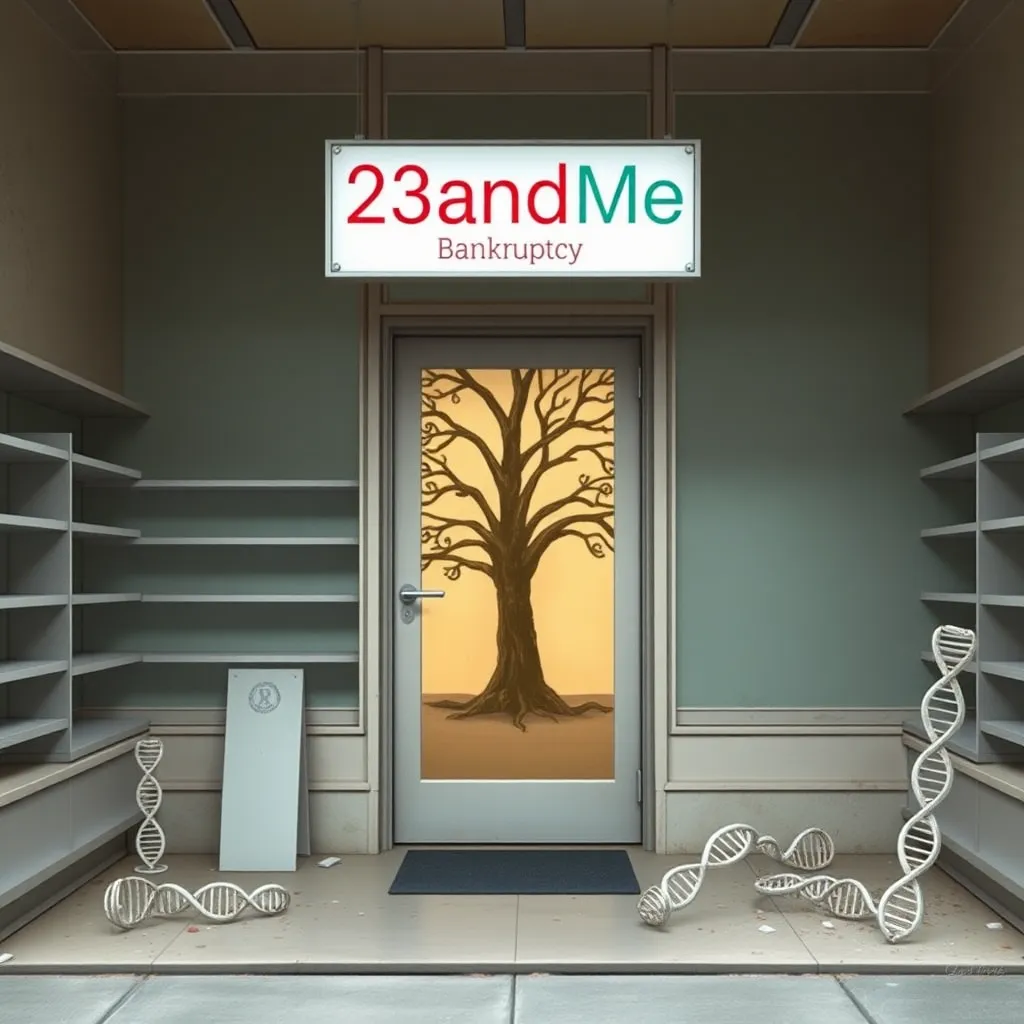
In a shocking turn of events, 23andMe, a pioneering DNA testing company, has filed for bankruptcy in the United States. The move comes as a result of dwindling demand for its ancestry testing kits and a significant data breach that occurred in 2023.
Rise and Fall of 23andMe
Founded in 2006, 23andMe was one of the first companies to offer direct-to-consumer genetic testing. The company’s innovative approach allowed individuals to gain insights into their ancestry, genetic traits, and potential health risks. At its peak, 23andMe was valued at over $1 billion and had attracted millions of customers worldwide.
However, in recent years, the company has faced significant challenges. The market for DNA testing kits has become increasingly saturated, with numerous competitors offering similar services at lower prices. Additionally, concerns over data privacy and security have led to a decline in consumer trust.
2023 Data Breach: The Final Straw
In 2023, 23andMe suffered a devastating data breach, which exposed the sensitive genetic information of millions of customers. The breach not only damaged the company’s reputation but also led to a significant decline in sales. Despite efforts to regain customer trust, 23andMe was unable to recover from the blow.
Bankruptcy Filing: What’s Next?
The bankruptcy filing marks a significant turning point for 23andMe. The company will now undergo a restructuring process, which may involve the sale of its assets, reduction of debt, and potential layoffs. While the future of 23andMe remains uncertain, one thing is clear: the company’s struggles serve as a cautionary tale for the rapidly evolving genetic testing industry.
Implications for the Industry
The demise of 23andMe raises important questions about the long-term viability of direct-to-consumer genetic testing. As the market continues to evolve, companies will need to prioritize data security, transparency, and consumer trust in order to succeed. The bankruptcy of 23andMe serves as a reminder that even the most innovative companies can fall victim to changing market conditions and unforeseen challenges.






